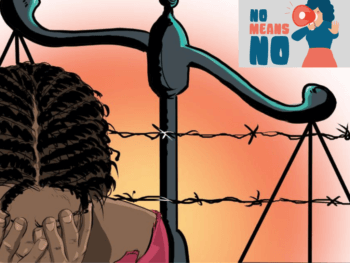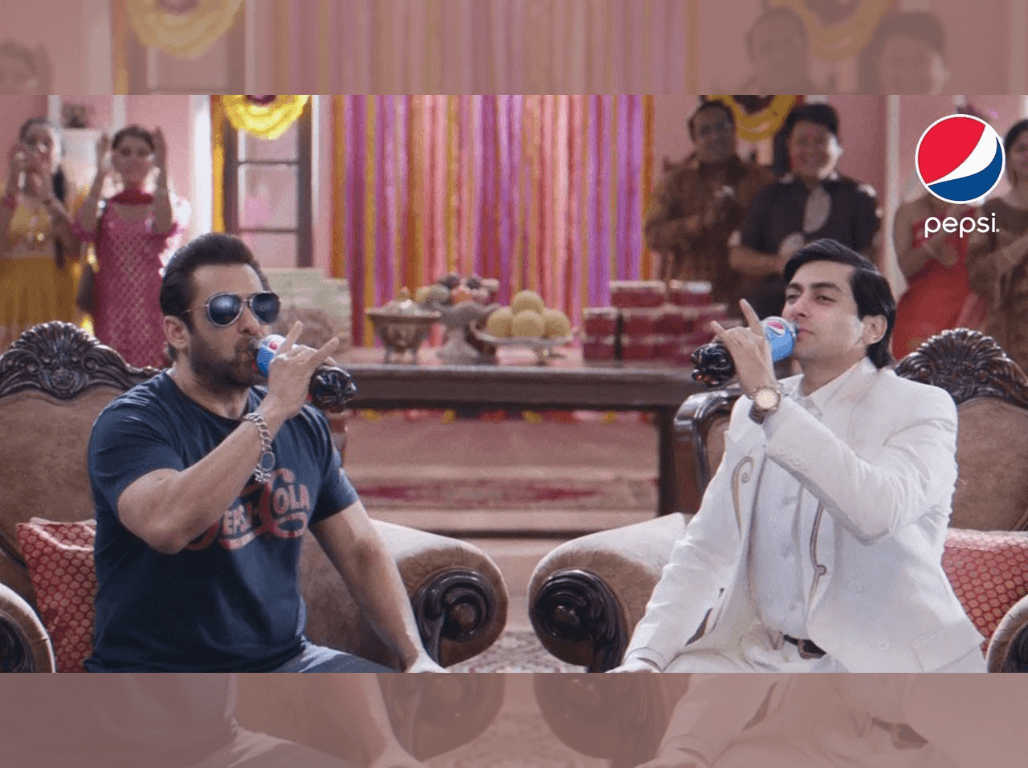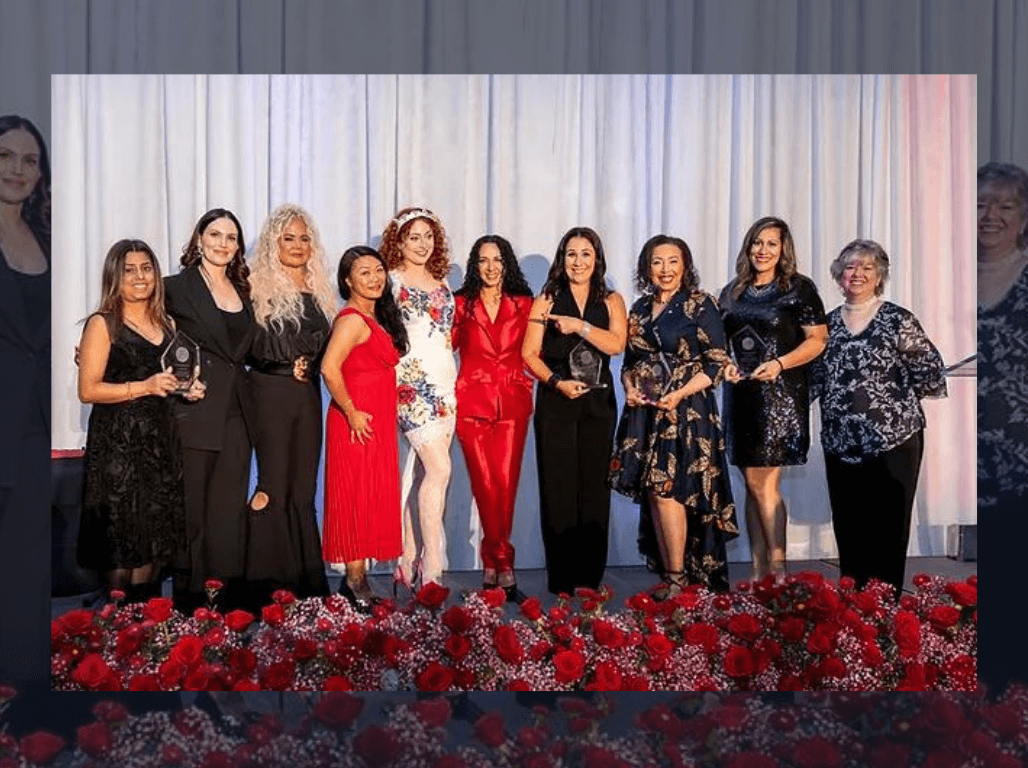
If not handled correctly, social media can rip your relationship apart.
For many of us, companionship in the form of a romantic partner ranks high on our list of life goals. As a result of this desire, we are subjected to an unpredictable ride of falling in and out of varying degrees of love, lust and romance as we attempt to seek out a life-long partner.
And for those lucky enough to find that special individual—or at least someone who could potentially fit the mould — the bumps don’t disappear, they simply change.
While Hollywood films and classic romance novels want us to believe that a perfect love is out there for us all, reality reminds us that relationships are, and always have been hard.
Unfortunately, couples in this modern age are forced to contend with a set of obstacles that our parents and grandparents could have never imagined. The penetrating reach of the Internet has redefined the ways in which humans interact with each other, and this has inevitably affected our romantic endeavors.
Our access to others has increased exponentially over the last decade as email, instant messaging and social networking sites continue to make physical distance irrelevant.
The global Facebook audience is now nearly 600 million people and this number is growing quickly. The number of users in India has increased by 44% in the last six months alone, making it the eighth fastest growing country in terms of Facebook users with 585 million users as of January 2011.
As these sites become increasingly ingrained in our lives, so too do the temptations facing individuals in committed relationships.
Janie Lacy, a relationship therapist at Total Life Counseling in Orlando, Florida, has seen this issue arise time and time again. “I have found Facebook to be the topic of conversation for most of the couples I work with,” she says.
Lacy believes that the secretive nature of social networking sites can lead to a number of problems. “Facebook opens a Pandora’s box for most couples.” This box can be filled with exes, secrets, insecurity, confidence issues, jealousy and a number of other problems that could easily ruin a relationship.
Nitin* understands firsthand how Facebook can complicate what would otherwise be a stable relationship. Nitin and his girlfriend Saira* were together for more than three years when she broke up with him after discovering in Nitin’s browser history that he had been looking at photos of an ex-girlfriend.
Facebook played a key role in the couple’s relationship from the beginning as they maintained a long-term relationship while attending different universities. And while the site was used as a means through which to stay in touch, it was also used less constructively as a means through which to win fights and check up on the other’s activities. “In the rough patches of the relationship…we used it against each other,” Nitin explained.
Nitin once deleted Saira from his friends list during a fight. “I deleted her off of Facebook totally. It was one of those things done in the heat of the moment and I regretted it immediately.”
Looking back, Nitin now believes that the relationship would have ended eventually, but is convinced Facebook acted as a catalyst. “Facebook was the straw that broke the camel’s back,” he says.
As we find new ways to connect via the Internet, we will inevitably find new ways to challenge our relationships. Social networking sites can facilitate unfaithful behaviour, promote insecurity and make public various issues you would normally keep private.
One of the biggest problems with social networking sites is they make it easy for us to betray ourselves, says Mitch Smolkin, a counseling psychologist at the Chandherbhan Counselling clinic in Toronto.
Being monogamous is difficult for a number of reasons, one of which is that it is in our nature to love multiple people.
Smolkin explains that historically, cultural restrictions were established to help counteract this aspect of human nature. “In the past, men and women who were engaged in other relationships would not be permitted to spend time together alone,” he says.
Today, many of these restrictions have fallen to the wayside. The very nature of Facebook means that sharing a form of intimate time with individuals of the opposite sex is as easy as opening your browser. With the widespread popularity of smartphones and tablets, we are rarely more than an arm’s reach from hundreds of “friends.”
“This means constantly having to refocus your attention on the relationship at hand,” says Smolkin. “Facebook opens a whole new porthole for meeting other people and for placing your energy.”
There is a fine line between using Facebook to keep in touch with those you care about and allowing it to harm your reality by directing your attention away from what really matters.
It might be easy to dismiss the possibility that a social networking site could ruin your relationship, but it could happen. According to Lacy, Facebook doesn’t just pose a threat to relationships that are on the rocks. Even the healthiest of relationships can succumb to the temptations of Facebook.
“Most affairs begin innocently,” says Lacy. It may seem innocent to accept your ex’s friend request, and it may seem just as innocent to respond to their inquiries about your life, but this innocence can quickly spiral out of control when you start feeding off of the new, exciting and positive attention.
According to Nalini Iype, an art therapist who runs a private practice in Toronto, Facebook can give a false sense of intimacy and a false sense of self-confidence. “You get a sense of knowing someone through their profile,” she explains. “But in reality, you might not know much about them at all.” Similarly, it is easy to fall into the trap of relying on Facebook comments and wall posts for feelings of importance.
In terms of infidelity and Facebook, Iype believes that many people engage in activity online that doesn’t immediately register as being unfaithful, but in reality might qualify as emotional cheating.
Iype explains emotional cheating as “having a relationship that is not physical but that is inappropriate in that you wouldn’t want to reveal it to your partner. It is a breaking of trust if your partner believes that you are only sharing certain parts of who you are with them.”
In today’s highly connected world, there are very few boundaries set in place to prevent wandering minds and hearts from accidentally ruining what could be life-long relationships. The only boundaries out there are the ones we put in place for ourselves.
According to Smolkin, surviving relationship challenges in a world where Facebook is the norm requires trust. Ultimately, you need to be able to trust that your partner will only engage in activity online that reflects a respect for you and your relationship and they need to be confident that you will do the same.
Consider not befriending your ex, and being open with your partner about communications online. Don’t fall into the trap of thinking that online behaviour doesn’t count as infidelity.

*names have been changed to protect the participants in this story
BY SHANNON BUSTA / PUBLISHED: THE LIVE BEAUTIFUL ISSUE, MARCH 2011
PHOTOGRAPHY BY FOTOLIA.COM













































































































